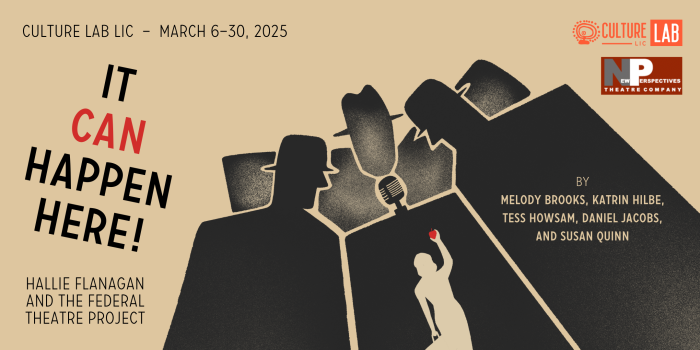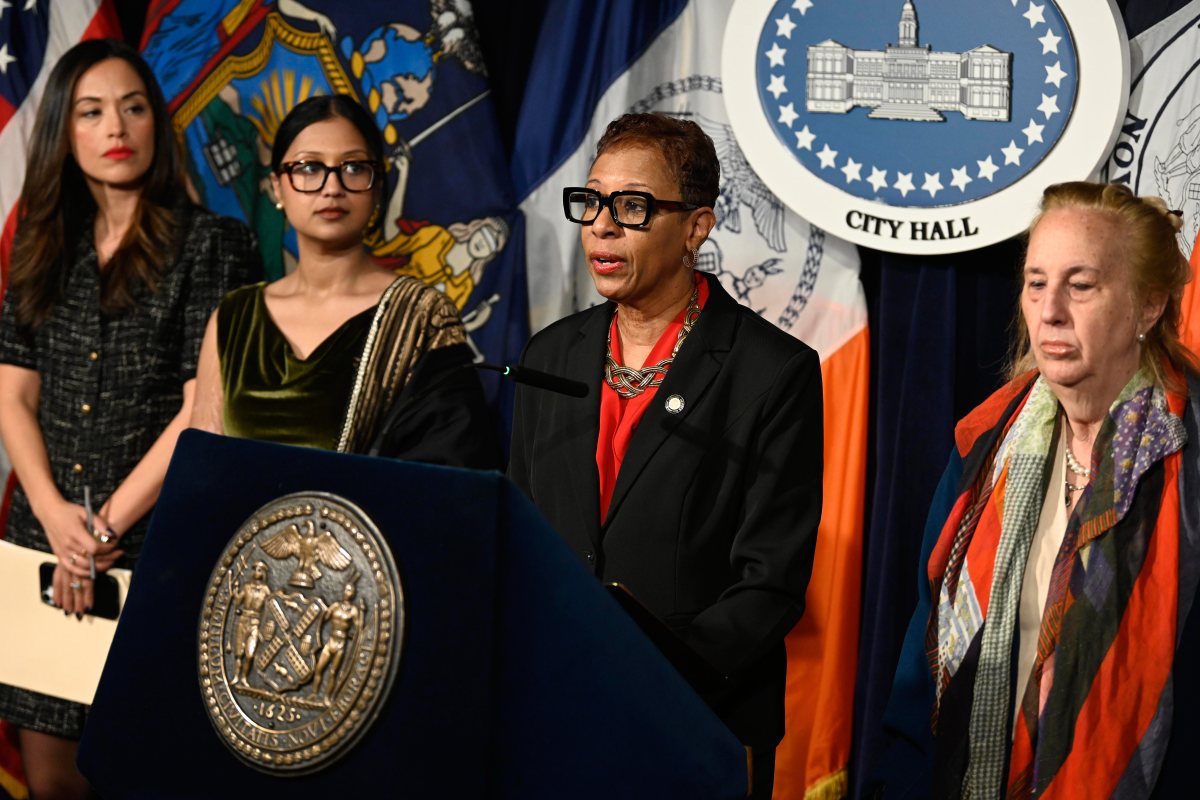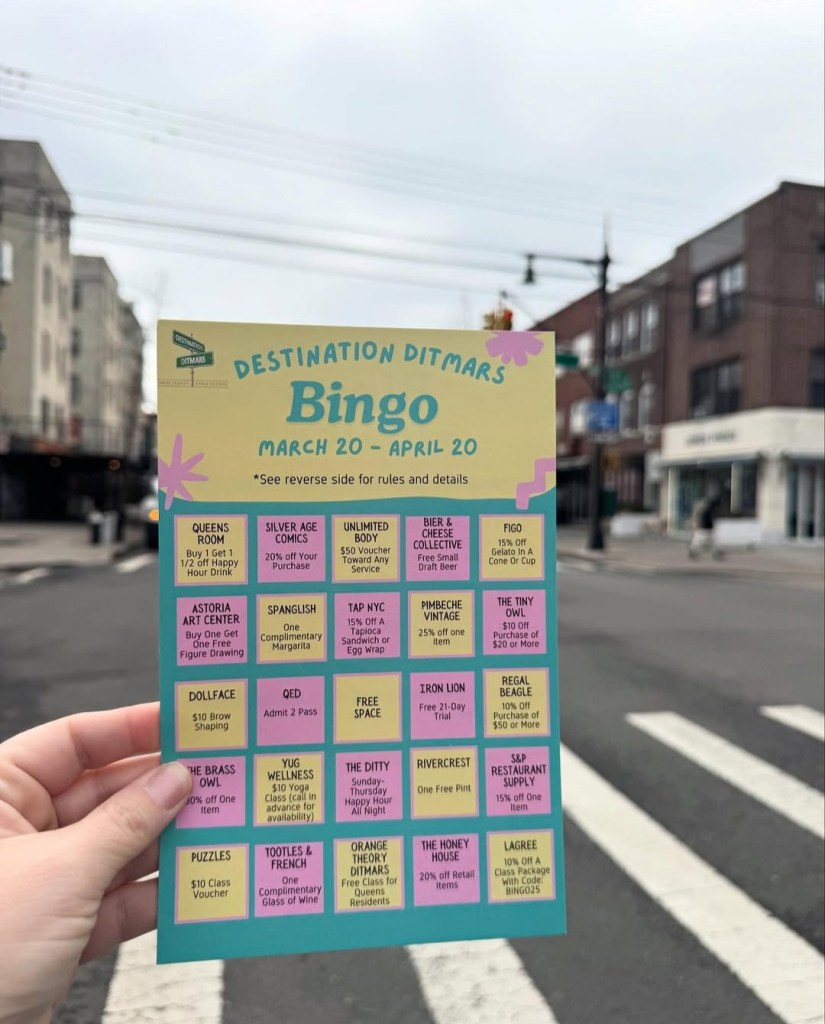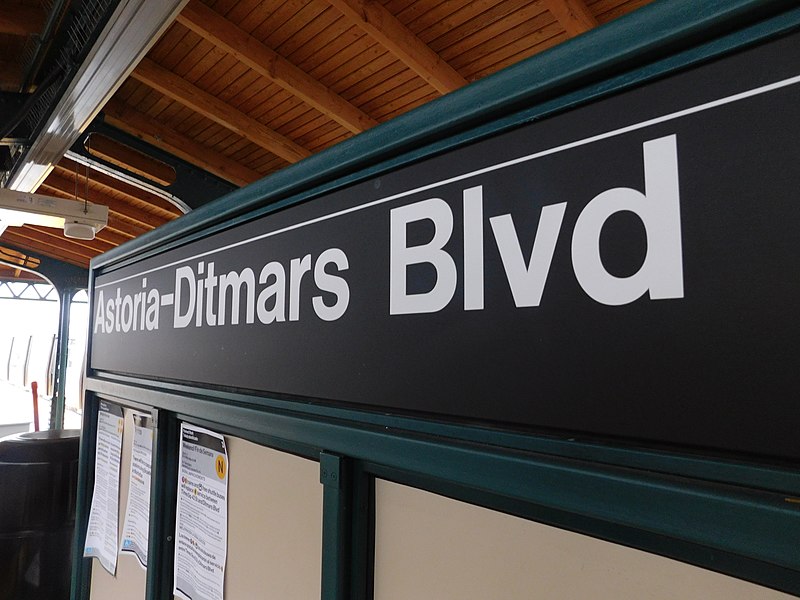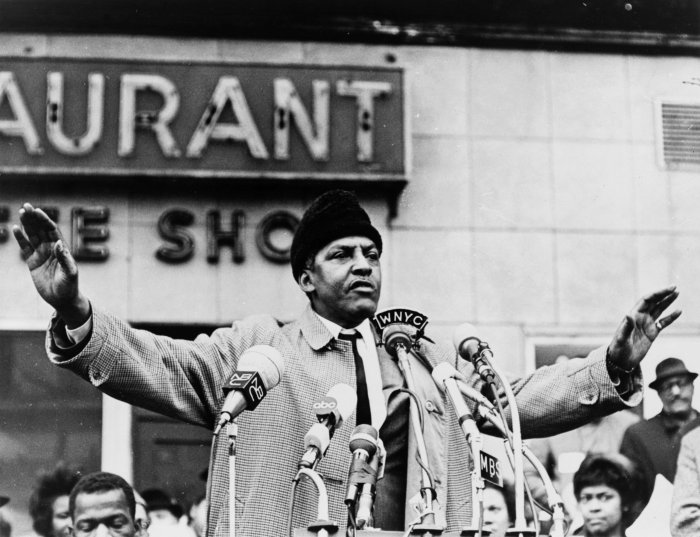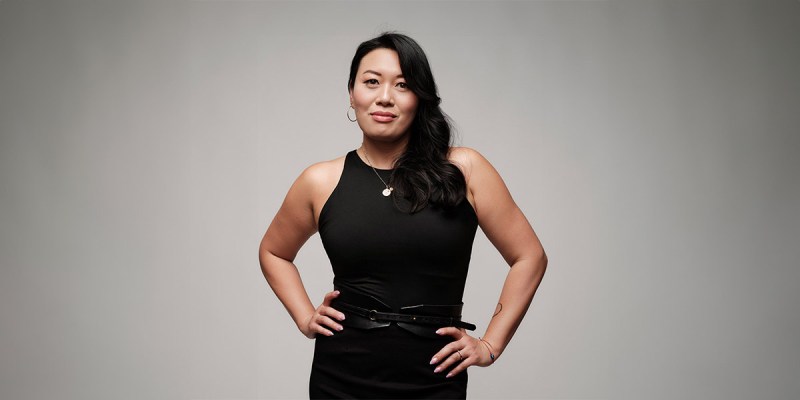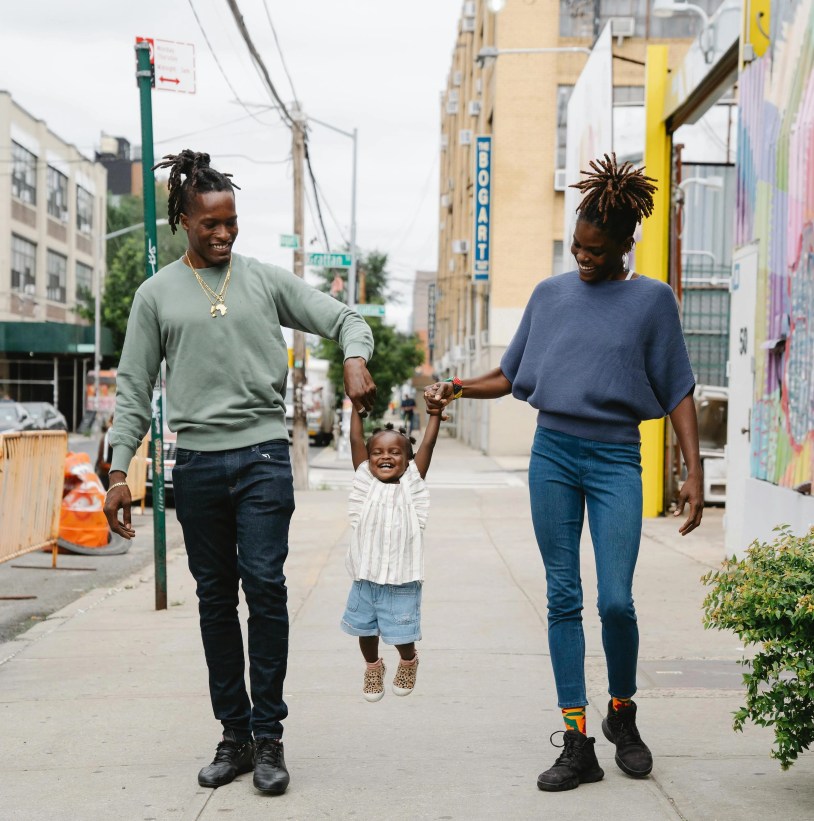Like the thousands of New Yorkers who became strays in the days after the attack on the World Trade Center, scores of the Citys beloved four legged residents were also made destitute in the frigid winter months since Sept. 11.
In Queens, the animal problem became particularly acute when the boroughs only City-funded facility for strays the Center for Animal Care and Control (CACC) in Rego Park closed its doors on Sept. 11, citing computer problems.
But thanks to some well-placed threats by the City to withdraw $27,000 in monthly funding from the CACC for shutting out the animals, the shelter was finally reopened last week, but only two days a week, instead of its former five.
The seven-month shutdown of the Rego Park shelter was a calamity not only for hundreds of stray dogs and cats on Queens streets, but also put a burden on other local shelters that dont get City funding, officials of the groups said.
"Weve had lots of people calling and asking if they could drop animals off," said Cindy DeWitt, the manager of Animal Haven, a shelter in Flushing. "Were a small organization and we couldnt take all of them."
Christine Lanuto, a manager at Animal Behavior Center of New York (ABCNY) in Kew Gardens told a similar story. Her shelter has a legal capacity of 100 animals, and she said shed had to turn away many more animals than usual when the CACC shelter was closed. "If we say no, people just leave [the animals] anyway, in shoeboxes, tied up or just loose."
The CACC shipped a total of 5,013 animals from Queens to its other shelters during the seven months when the Rego Park facility was closed, said Doris Meyer, a spokeswoman for the group.
During the lockdown of lower Manhattan, when electricity was unavailable and even those who lived in the area were on restricted entry, CACC employees worked overtime to escort frantic pet owners back their buildings to retrieve their pets, said Meyer. Costs relating to those endeavors made it impossible for the CACC to replace their server right away.
Meyer said that the damage to the CACCs computer system on in Manhattan Sept. 11 made it too difficult for the group to administer its offices in the outer boroughs.
Animals dropped off at the receiving centers are logged into the computer network complete with physical descriptions and health histories so they can be tracked as they move through the CACC system, said Meyer.
Health Department spokesman Greg Butler said that the City has made repeated demands for the CACC to reopen its doors. "We felt that it was important for for residents of Queens to have access to animal care and control services," said Butler.
The Health Dept. has been ordered by the City Council to provide full service shelters in all the boroughs by July of this year. But its unlikely that goal will be met, said Butler. "That makes it all the more important that the receiving stations are up and running," he said.
The Queens receiving center is open on Wednesdays and Thursdays from 8 a.m. to 4 p.m. ABCNY and Animal Haven are both no-kill shelters, but the CACC shelters must euthanize animals after 72 hours to make space for new arrivals. People interested in adopting from CACC can call 1-888-SPAYNYC or on the web, at www.nycacc.org .



